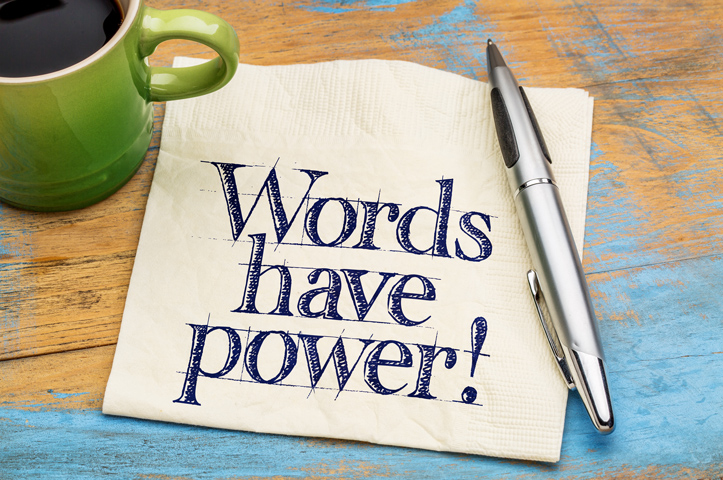Although addiction is known to be a brain disease, it’s very different from other diseases from which a person could suffer. Whereas most diseases are physical or psychological, addiction actually exists somewhere in the middle. But since substance abuse is a behavior, the perception is that people who have become addicted have done so on their own volition. In other words, most people feel like addicts consciously choose to continue abusing substances and, therefore, indulge in self-destructive behavior. This perspective shows a blatant misunderstanding of the nature of addiction. If that were true, there would be no need for drug rehab programs.
The effects of an addiction to alcohol or drugs extend far beyond the addict him or herself. Not only is addiction self-destructive, but it also affects the lives of family members, friends, and other loved ones. For this reason, addiction is often called a “family disease”, which is meant to convey its tendency to affect families at the same or nearly the same level as the disease affects individuals. Helping your loved one into recovery begins with learning to have an open dialogue with them. They should know that when they are ready to get help, you will be there for them. This, however, may be easier said than done. Often with a loved one in active addiction, they cause a lot of pain, resentments, and negative emotions all around. Being able to communicate in a civil and helpful manner with your loved one that is can get them on the right track. If they are already sober and in early recovery, being there for them emotionally and supporting them can mean a world of a difference.
Benefits of Having an Open Dialogue with an Addict in Recovery
When we think of the effects of addiction, we often focus on the most obvious effects that occur to individuals. In particular, we think about the physicals effects such as the loss of overall health and the weakening of the immune system. As well, the abuse of chemical intoxicants can severely damage a number of bodily functions and even individual organs. Then there are the psychological effects, which are often manifested in the individual’s behavior. The continuous abuse of alcohol or drugs causes a major chemical imbalance in the brain that results in erratic, unpredictable moods. As you might expect, this has serious repercussions in a person’s life.
As we mentioned previously, the disease of addiction affects more than just the addict. Most of the behaviors an addict exhibits as a means of sustaining his or her addiction have negative effects on the people in his or her life. In many cases, addicts damage or even destroy many of their most important relationships. Many addicts and alcoholics resort to stealing from their own loved ones in order to sustain their substance abuse problems, resulting in broken trust and the loss of close relationships. In recovery, the loved ones of an addict can have trouble regaining trust and forgiving them for the individual’s actions while in the throes of active addiction. Communication and having that open dialogue with an addict is essential to your loved one’s sobriety. It lets them know that they can lean on you for support or at the very least know that they can try to mend your relationship and make their wrongs right. Most family members are likely to be emotionally guarded and sometimes it takes outside help such as family therapy. It is important to try and meet your loved one at least half way if they are putting the work in to make things better. In fact, when there is a loving open dialogue, your loved one is more likely to seek help, such as inpatient rehab.
Communication and Establishing Trust
Having an open dialogue with an addict is the best way you can track their recovery. It is also how an addict works to rebuild the trust that he or she previously damaged over the course of addiction. The reason why communication is so essential to the rebuilding of trust in recovery is because addicts are typically extremely secretive and deceitful while in active addiction. They are dishonest in order to keep their indiscretions a secret from their friends, family, and other loved ones; as well, they use dishonesty to exploit their friends and family, using them as a financial resource with which they can support their habits. Clearly, this gives an addict’s loved ones cause for suspicion and perhaps even resentment.
It’s essential for there to be communication between an addict and his or her loved ones. It is incredibly beneficial for a number of reasons. For one thing, having this communication allows an addict’s loved ones to be part of his or her support system; with communication, he or she can turn to them during times of emotional need instead of resorting to alcohol or drug abuse. Meantime, the addict’s loved ones benefit from the communication because they’re able to communicate what they need to begin repairing and re-establishing relationships that had been damaged. In essence, strong communication makes the recovery more of a journey for the entire family rather than just the duty of an addict. It also assures the addict that he or she has plenty of support, which reinforces their sobriety and makes a relapse much less likely.
Maintaining an Open Line of Communication
While the benefits of communicating during recovery are numerous, figuring out how to keep these open lines of communication is less straightforward. The reason why this can be ambiguous is because every family’s situation is different; therefore, each family deals with its own hardships and shortcomings differently. However, the best way to ensure that there is always an open dialogue available between all parties is to maintain complete openness and honesty. With both sides always being totally honest with one another — even when the message isn’t positive — the relationship has a much better chance of growing and becoming stronger.
Choose Health and Happiness by Calling Ohio Addiction Recovery Center Today!
If you or your loved one is ready to get involved in a substance abuse recovery program that can get you started on the path to a sober lifestyle, we can help. Call us at 1-800-481-8457, or visit us online at www.Ohioarc.com to find out more about living a new and better way of life in recovery. Our specialists are standing by to help you.







